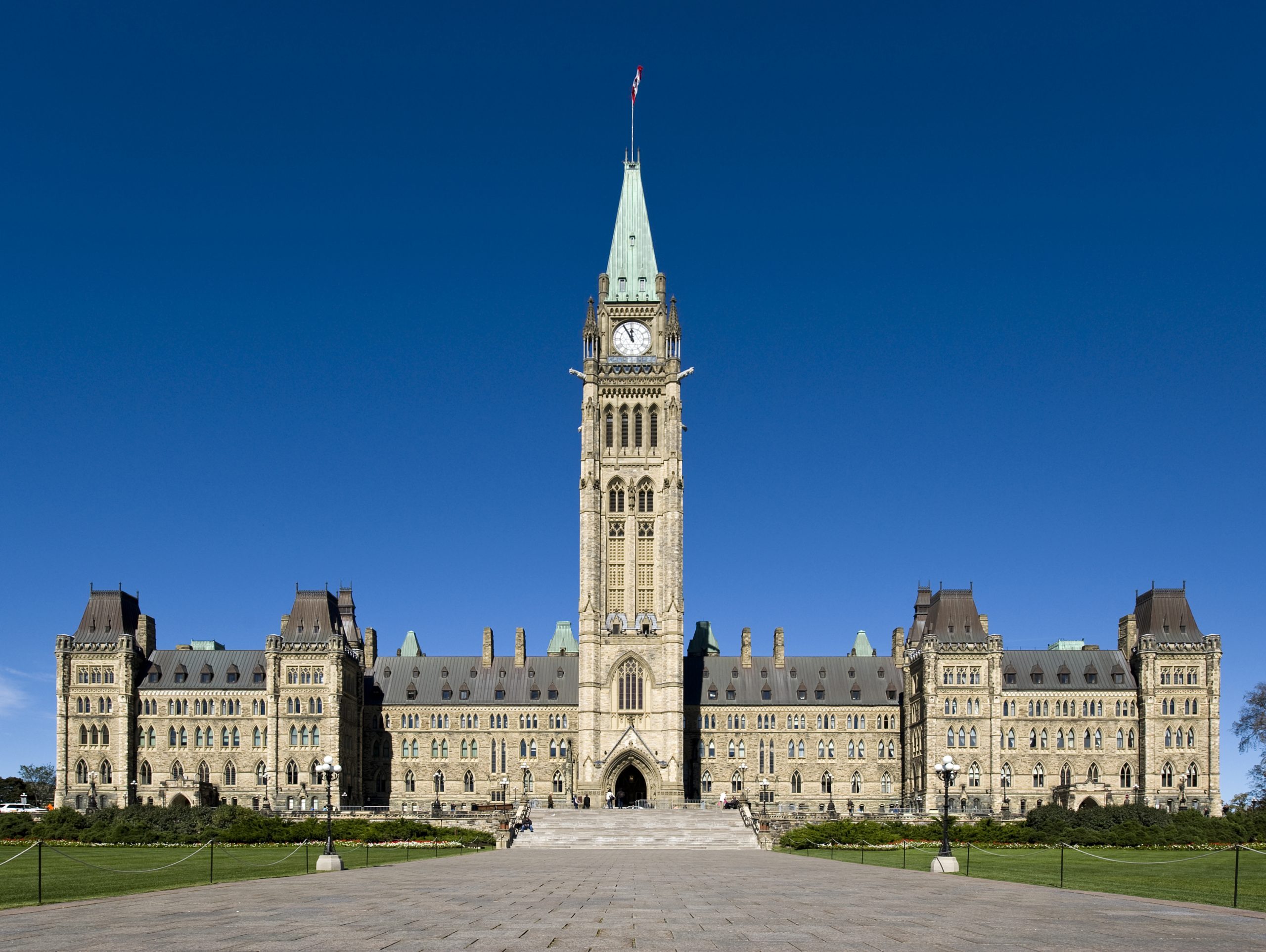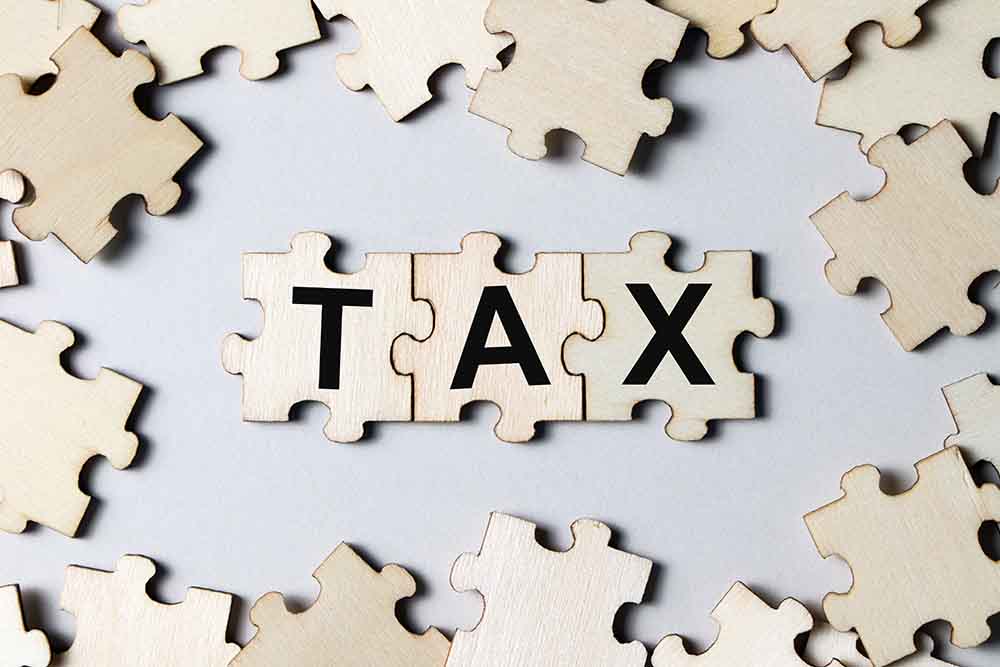By 1948, Germans had lived with price controls for 12 years. Writing for the Concise Encyclopedia of Economics on the famous postwar “German Miracle,” economist David Henderson says Hitler imposed price controls in 1936 so he “could buy war materials at artificially low prices.” In 1939, Germany imposed rationing, a predictable consequence of price controls. In 1940, it made the violation of price controls a capital crime. Oddly, when Nazi Germany fell, the controlling Allies kept those draconian laws – and kept the Nazi conscription of resources, too.
Germany remained a country in utter ruin. The war had destroyed 20 per cent of the country’s housing. Industrial output was one-third its prewar level. Food production, per capita, was half the level of a decade earlier – and the Allies enforced stringent food rations (as low as 1,040 calories a day). People trekked to the countryside, sometimes travelling hundreds of kilometres, to barter their possessions for grain or potatoes.
In these circumstances, with no visible sign of economic recovery, many people assumed that the United States would have to prop up Germany – perhaps for decades. To kick-start a recovery of some kind, the United States offered Europe’s devastated countries the Marshall Plan, a program of foreign aid designed (as we would put it now) to stimulate the moribund economies. Offered to all of Europe’s war-torn countries, only the then-Soviet Union refused to accept the assistance. In the next four years, the United States gave Europe $4-billion (U.S.) in aid – and the enduring myth was born that American foreign aid had saved Europe from falling to the Communists.
The Marshall Plan, however, gave West Germany only $2-billion in cumulative aid from 1948 through 1952. In that same period, as Mr. Henderson (a member of the President’s Council of Economic Advisers during the Reagan presidency) relates the chronology, Germany paid the Allies $2.4-billion a year for the costs they incurred in occupying the country – a cumulative, four-year cost of $9.6-billion that far exceeded the U.S. aid. Beginning in 1948, though, West Germany began to recover, apparently miraculously – but you can’t credit American foreign aid, however enlightened it may have been.
This case history is highly relevant again, 60 year later, as the United States and the rest of the democratic countries in the Western alliance ponder the prolonged failure of foreign aid programs to stimulate economic growth in the poorest countries on Earth. In his speech in Accra, Ghana, last week, U.S. President Barack Obama took a tough line. American foreign aid, he said, would be contingent in the years ahead on “good governance” – on the willingness of African countries to end the violence and the corruption that squanders much of the foreign aid given to them.
The question is: How do you get from a devastated, corrupt economy to good governance and real economic development? One formula, based on the example of postwar Germany, is straightforward. Start with an honest currency. Follow with honest prices. Cut tax rates as much as you can. Get government bureaucracy out of the way.
As envisaged by economist Wilhelm Roepke and as executed by economist Ludwig Erhard, West Germany’s economic reforms went into effect on Sunday, June 20, 1948. Mr. Erhard substituted a relatively small number of deutsche marks for a large number of inflation-corrupted reichsmarks, effectively cutting the money supply by 90 per cent. He rescinded price controls. And he slashed tax rates, reducing the marginal personal rate for medium-income taxpayers to 18 per cent from 85 per cent.
In retrospect, it all looks so easy and so obvious. At the time, it was hard and considered heretical. The Allied authorities were aghast – as befits the interventionist dynamic of the time. An anecdote, cited by Mr. Henderson, hints at the tension. U.S. General Lucius Clay, military governor of the American Zone in West Germany, confronted Mr. Erhard immediately after price controls were ended.
“Herr Erhard,” said Gen. Clay, “my advisers tell me that what you have done is a terrible mistake. What do you say to that?”
“Herr General, pay no attention to them,” Mr. Erhard said. “My advisers tell me the same thing.”
The impact of the reforms was immediate. On Monday, June 21, the shelves of German shops were magically filled with goods. Mr. Henderson cites a 1955 book, Mainsprings of the German Revival, by Yale University economist Henry Wallich, who wrote: “The spirit of the country changed overnight. The grey, hungry, dead-looking figures wandering about the streets in their everlasting search for food came to life.”
By December, the index of industrial production had increased from 51 per cent of its 1936 level to 78 per cent. Germany was back. The German Miracle made Mr. Erhard the first minister of economic affairs in postwar West Germany – and, ultimately, chancellor.
Throughout Africa today, income tax rates are often preposterous – and high goods-and-services taxes ubiquitous. Governments practise the worst kind of protectionism. Bureaucracies routinely smother enterprise. Jobs are commonly exchanged for bribes. International aid agencies, wallets still open, remain largely silent – or, worse, persist with empty denunciations of the wicked West. Africa doesn’t really need much foreign help. It does need an Erhard.


